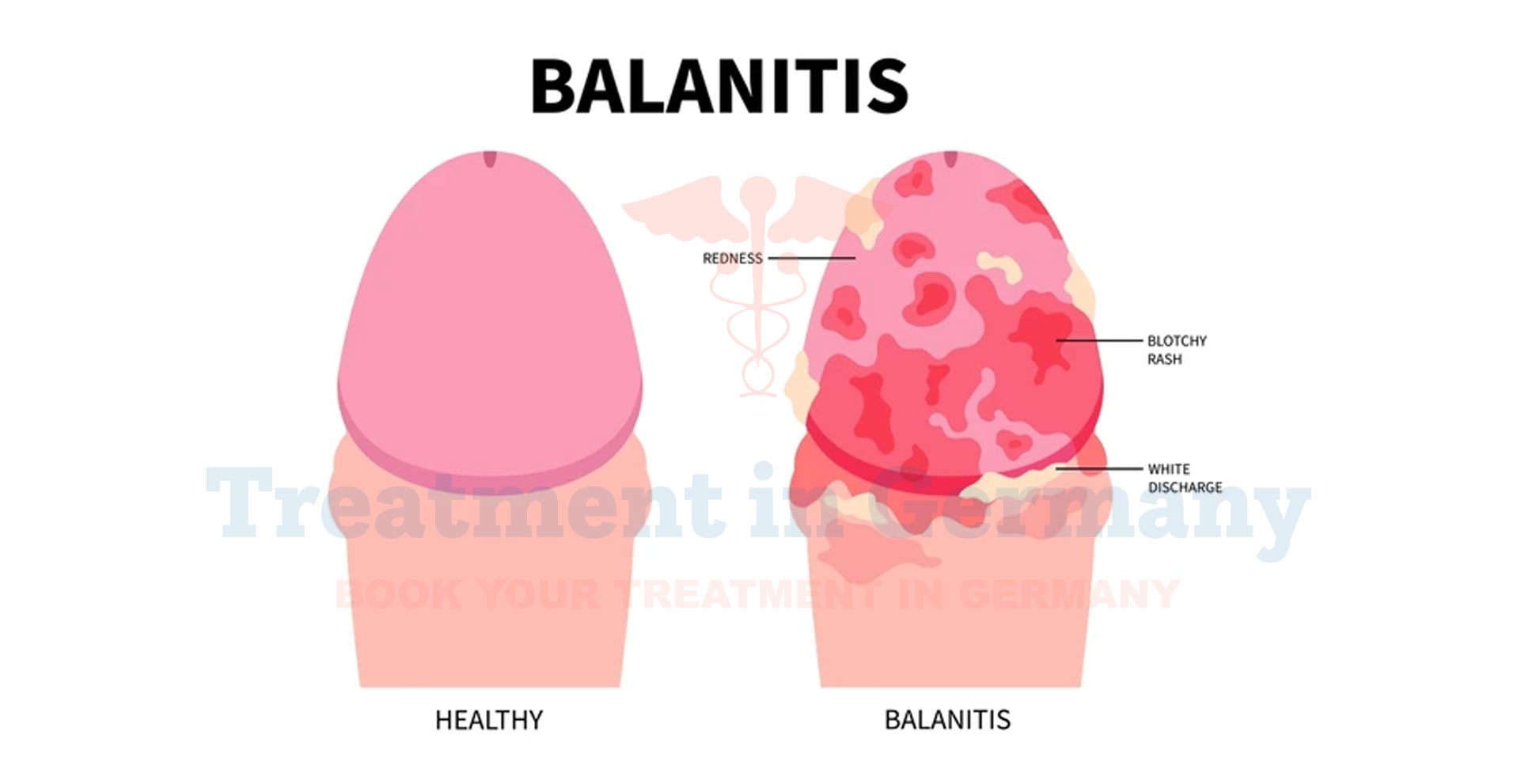What is Zoon Balanitis (Plasma Cell Balanitis)?
Zoon balanitis, also known as plasma cell balanitis, is a benign inflammatory condition affecting the head (glans) of the penis. It is characterized by reddish patches or plaques with a glazed appearance.
This condition typically occurs in middle-aged to older men and its exact cause is not fully understood, although it is believed to be related to chronic irritation or poor hygiene.
Side Effects of Zoon Balanitis (Plasma Cell Balanitis)
The main discomfort associated with Zoon balanitis includes:
If left untreated, Zoon balanitis can persist or worsen, leading to increased discomfort and potential complications.
How is Zoon Balanitis (Plasma Cell Balanitis) Diagnosed?
Diagnosis of Zoon balanitis typically involves:
It is important to seek medical evaluation promptly if you suspect Zoon balanitis to ensure appropriate diagnosis and treatment.
Potential Treatment of Zoon Balanitis (Plasma Cell Balanitis)
Treatment options for Zoon balanitis aim to alleviate symptoms and promote healing. Depending on the severity of the condition, treatment may include:
👉 Contact us for further information and receive a complimentary consultation.


.webp)
 (1).webp)

.webp)
 (1).webp)


.webp)
 (1).webp)

.webp)
 (1).webp)
